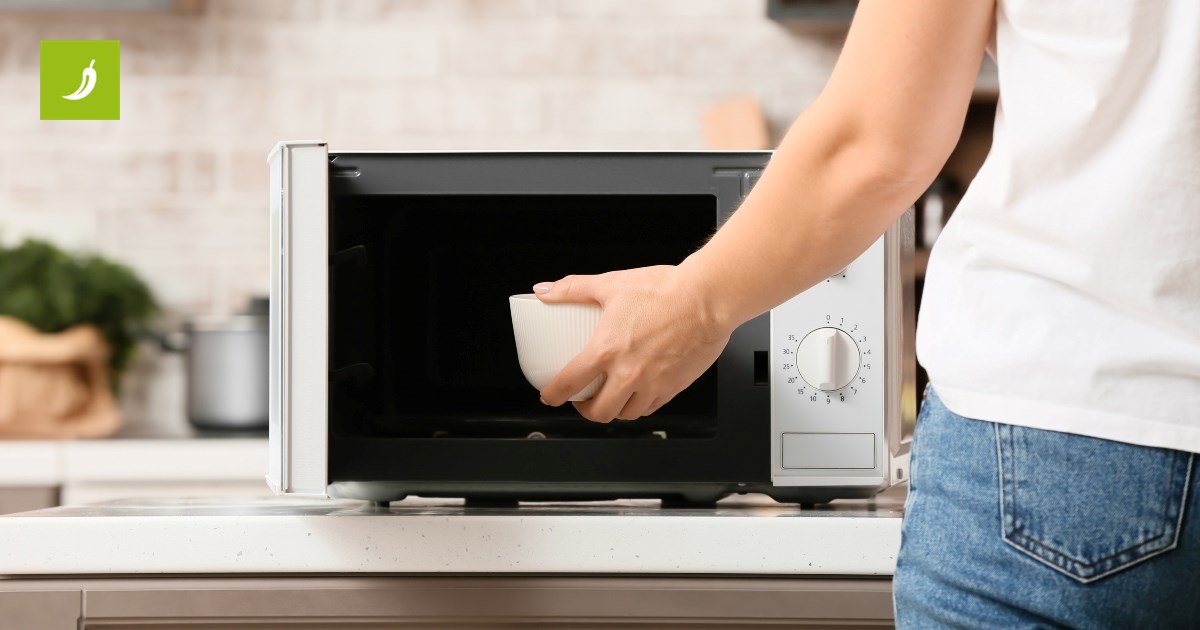Happy Heart Syndrome: When Joy Can Kill
Have you ever said “my heart is full” when you were extremely happy? Well, did you know that this happiness can actually harm your heart? Happy Heart Syndrome, also known as takotsubo cardiomyopathy, is a rare condition triggered by extremely strong positive emotions.
What is Happy Heart Syndrome? It is a temporary heart condition that usually occurs after major emotional events like weddings, surprises, or long-awaited reunions. Unlike the more well-known broken heart syndrome caused by sadness and stress, here the trigger is euphoria, excitement, and great happiness.
Who is at risk? It mostly affects women over 50, especially those who have gone through menopause. Hormonal changes and increased sensitivity to sudden spikes of stress hormones like adrenaline increase the risk. However, it can also occur in younger people, especially if they have anxiety or heart problems.
How does it manifest? Symptoms mimic a heart attack: chest pain, shortness of breath, ECG changes. The lower part of the left ventricle of the heart balloons and weakens, while the upper part functions normally. The condition is named after a Japanese octopus trap called “takotsubo” because of the shape the heart takes.
Why does it happen? The body suddenly releases large amounts of stress hormones, leading to weakness of the heart muscle and symptoms similar to a heart attack, even though the blood vessels are not blocked.
How to prevent it? Prevention lies in awareness of your emotional and physical limits. People with heart problems or prone to intense emotional reactions should learn relaxation techniques like yoga, meditation, and breathing exercises. Regular check-ups are essential.
How is it treated? Treatment mainly involves symptom relief and monitoring heart function. Doctors may prescribe beta-blockers, ACE inhibitors, or diuretics. Most patients fully recover within a few weeks.
Conclusion Happy Heart Syndrome reminds us that even too much happiness can leave a mark on our health. So next time you’re overjoyed, remember that your heart is not just for love, but also for caution!
Ever heard of someone who “broke their heart from happiness”? Or got your own “happy heart” moment? Drop a comment, let’s laugh or freak out together! 😉















